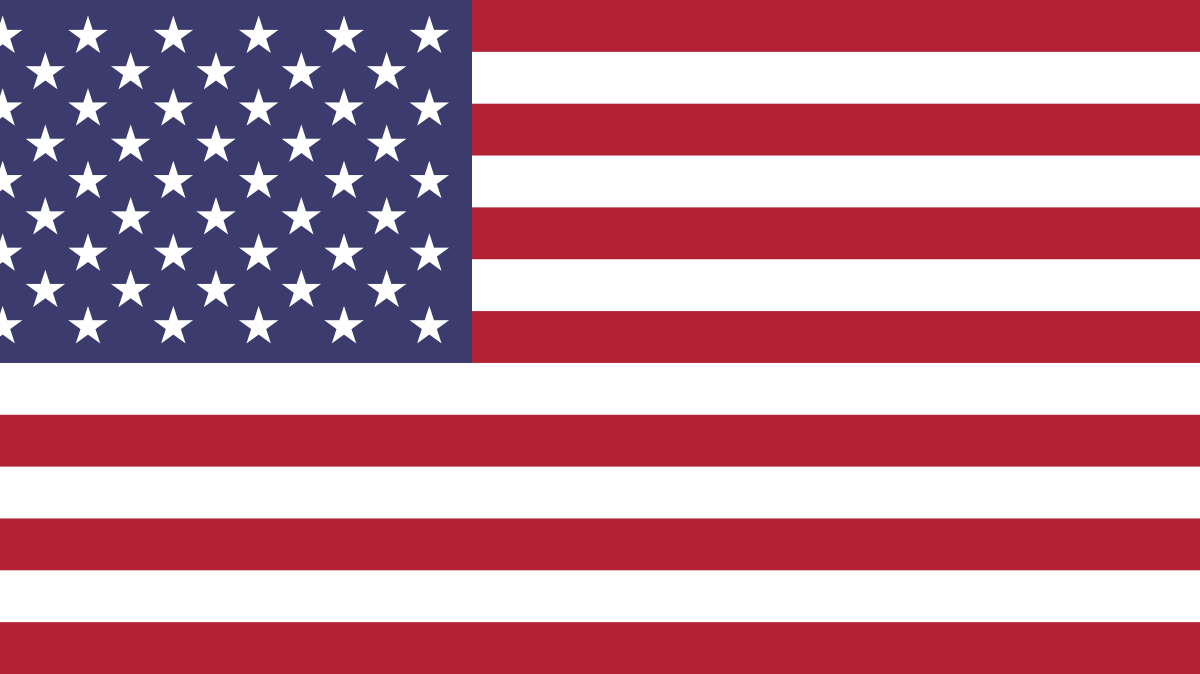Author: New York Immigration Lawyer Alena Shautsova
On April 13, 2020 USCIS published guidelines on status extensions and confirmation that it may pardon extension requests filed after the expiration of the initial authorization period:
“Generally, nonimmigrants must depart the United States before their authorized period of admission expires. However, we recognize that nonimmigrants may unexpectedly remain in the United States beyond their authorized period of stay due to COVID-19. Should this occur, the following options are available for nonimmigrants:
Apply for an Extension. Most nonimmigrants can mitigate the immigration consequences of COVID-19 by timely filing an application for extension of stay (EOS) or change in status (COS). U.S. Citizenship and Immigration Services continues to accept and process applications and petitions, and many of our forms are available for online filing.
If You File in a Timely Manner. Nonimmigrants generally do not accrue unlawful presence while the timely-filed, non-frivolous EOS/COS application is pending. Where applicable, employment authorization with the same employer, subject to the same terms and conditions of the prior approval, is automatically extended for up to 240 days after I-94 expiration when an extension of stay request is filed on time.
Flexibility for Late Applications. USCIS reminds petitioners and applicants that it can consider delays caused by the COVID-19 pandemic when deciding whether to excuse delays in filing documents based on extraordinary circumstances.
Under current regulations and as noted on our Special Situations page, if a petitioner or applicant files an extension of stay or change of status request (on Forms I-129 or I-539) after the authorized period of admission expires, USCIS, in its discretion, may excuse the failure to file on time if it was due to extraordinary circumstances beyond their control, such as those that may be caused by COVID-19. The length of delay must be commensurate with the circumstances. The petitioner or applicant must submit credible evidence to support their request, which USCIS will evaluate on a case-by-case basis. These special situations have been used at various times in the past, including for natural disasters and similar crises.
Please see 8 CFR 214.1(c)(4) and 8 CFR 248.1(c) for additional information on late requests to extend or change status. In addition, please see our Form I-129 and Form I-539 pages for specific filing and eligibility requirements for extensions of stay and changes of status.”
USCIS also stated it will exercise its authority for Satisfactory departure:
“Flexibility for Visa Waiver Entrants. Visa Waiver Program (VWP) entrants are not eligible to extend their stay or change status. However, under current regulations, if an emergency (such as COVID-19) prevents the departure of a VWP entrant, USCIS in its discretion may grant a period of satisfactory departure for up to 30 days. Please see 8 CFR 217.3(a). For those VWP entrants already granted satisfactory departure and unable to depart within this 30-day period because of COVID-19 related issues, USCIS has the authority to temporarily provide an additional 30-day period of satisfactory departure. To request satisfactory departure from USCIS, a VWP entrant should call the USCIS Contact Center.”
Friends, family and clients are reaching out to see what they can do now when the US and other countries is canceling most of their flights outside the US and it is not recommended to fly at this time of coronavirus outbreak. The answer will depend on how a person entered the United States: on a visa (sticker in their passport) or he/she entered using Visa Waiver (no sticker in their passport). For those who entered on a visa, it is possible, before the expiration of their authorized stay to file form I-539, application to extend non-immigrant status. A person will be authorized to stay in the United States while their application is pending. Note, that for those who entered on a B1/2 visa/status, the maximum possible time limit for an extension would be six months.
The situation is different for those who entered on the Visa Waiver, as the law does not provide for a possibility to request an extension of stay using form I 539. Below, I quote just received note from the New York Chapter of the American Immigration Lawyers Association:
“Extending ESTA/Visa Waiver Participants (VWP) Periods of Admission due to inability to depart the US related to COVID-19.
ONLY APPLICABLE TO THOSE WHO WERE ADMITTED THROUGH JFK OR NEWARK
Individuals admitted under the VWP/ESTA program who find themselves unable to depart the U.S, before their current period of admission will end because of COVID-19 related issues who were admitted to the U.S. through John F. Kennedy International Airport, NY (JFK) and Newark Liberty International Airport, NJ (only) can contact the Deferred Inspections office at JFK, starting Monday, March 16, 2020, Monday – Friday, 9am to 4pm ET and request Satisfactory Departure for up to 30 days. Individuals or their attorneys will need to provide the affected individual’s name, Date of Birth (DOB) and passport information at the time of the request. Individuals and their attorneys may be asked to provide the original departure flight itinerary along with the new flight itinerary.
Individuals and their attorneys are permitted to request Satisfactory Departure if the individual’s period of stay will expire in 14 days or less from the day he or she contacts JFK Deferred Inspections. If their period of VWP/ESTA admission has expired, the decision to grant satisfactory will be considered on a case by case basis.
To contact JFK Deferred Inspection to make the Satisfactory Departure Request use the numbers below:
(718) 553-3683 or (718) 553-3684 Monday – Friday, 9am to 4pm ET
Please see additional regulatory information about Satisfactory Departure below. The CBP Liaison Committee is reaching out to CBP HQ to request all ports of entry implement a similar process to JFK and we will provide updated information about additional ports as soon it is available.
You can also let your contacts at other Ports of Entry know that JFK has implemented this mechanism and ask about what can be done for admissions under their jurisdiction.
Satisfactory Departure
Ports of entry (including deferred inspection locations) may be contacted by VWP travelers already in the United States who are unable to depart the United States before their authorized period of admission ends.
There is no provision under U.S. law to extend the stay of an alien admitted under the VWP. The only form of relief for an alien admitted under the VWP who is unable to depart timely due to emergent circumstances is the exercise of Satisfactory Departure.
Pursuant to Title 8 Code of Federal Regulations (CFR) Section 217.3(a), if an emergency prevents an alien admitted under the VWP from departing the United States within the period of authorized stay, a period of Satisfactory Departure may be granted not to exceed 30 days – provided that the request is made during the period of admission and the alien is still in status at the time of the request. If departure is made within the period of approved Satisfactory Departure, the alien is regarded as having made a timely departure without overstaying the allowed time. In emergent circumstances, requests for Satisfactory Departure may be granted if the alien is out of status but can prove the intent was to depart timely – authority to approve these cases is reserved for the Director, Field Operations, unless re-delegated locally.
Requests for Satisfactory Departure are generally adjudicated by U.S. Citizenship and Immigration Services (USCIS). However, in extraordinary circumstances, CBP may adjudicate requests for Satisfactory Departure. Many aliens admitted under the VWP may be stranded at U.S airports due to canceled flights. Where appropriate, CBP should grant Satisfactory Departure if the alien is awaiting a canceled flight and the period of VWP admission is expiring prior to the traveler’s ability to depart. “




